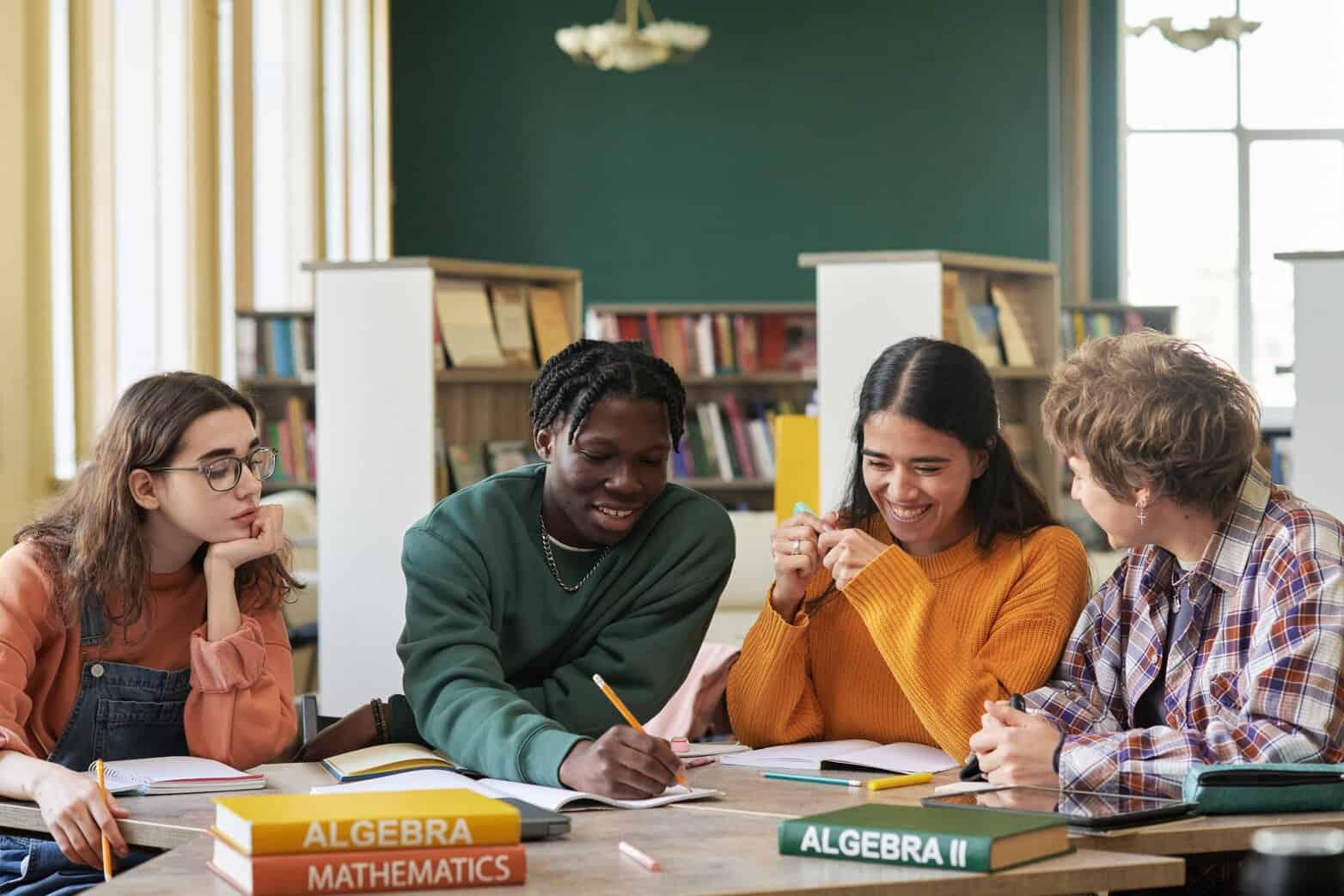When one looks through the lens of the Principles for High-Quality, Standards-Aligned Professional Learning, instructional coaching is an incredibly impactful method for high-quality professional learning. Coaching can support educators with personalized and small-group learning cycles that frame instructional growth as an iterative process of refining practices and knowledge over time. Teachers can reflect on the needs of their students and their toolbox of practices to set a few focused goals as their logical next steps.
Organizing coaching in this way is far less effective, however, if coaches do not have information about teachers’ needs. One excellent tool for organizing individual coaching cycles is a digital coaching menu (this one is for coaches supporting literacy across subjects). With such a menu, teachers are able to self-assess their students’ needs and their preferred professional learning modalities. They then can communicate these reflections to an instructional coach before they ever have a first meeting together. The coach is able to frame the first coaching conversation around the teacher’s assessment in order for both to more quickly come to a consensus on professional learning goals and methods. In addition, teachers can share their feelings of urgency to begin the coaching process, which also helps coaches prioritize their schedule to meet the needs of their colleague teachers.
You may be wondering, “How do I create a digital coaching menu that reflects the Professional Learning Principles?” We’ll look at each principle individually to explore this question.
Content-Focused
Coaching that focuses on using specific content, and even more specifically, the curriculum or program in use, is more effective than coaching that simply focuses on general learning strategies. For example, a science teacher who attends a workshop where multiple general reading strategies are presented, but not in the context of science readings or scientific thinking, will likely make no changes in his or her practice. Content really matters. Coaches who support teachers of multiple disciplines, grade bands, and curricula must study which instructional practices support each discipline’s demands as well as what thinking is valued in each discipline; in addition, they must collaborate with teachers in planning with their specific content. The digital coaching menu can especially help newer coaches know what each teacher’s content is, so they can brush up a bit before they work together. And of course, coaches should always expect to learn in the collaboration process from experts in other content areas.
Teacher- and Student-Centered
Too often, professional learning doesn’t take into account the needs of teachers and students. Teachers simply aren’t asked what support they need and how they want to prioritize their time in professional learning to best address challenges and opportunities in their classrooms. Through a digital coaching menu, teachers can make choices for coaching, focusing on areas where they are curious or they see room for improvement. Teachers’ feedback and input are valued from the very first coaching meeting, when the digital coaching menus provide them with choices. Both the teacher and the coach can discuss the needs of students, including their previous instruction, interests, and social and academic needs. These conversations can help the teacher and coach plan better student-centered instruction. They can also determine new ways to assess student learning that help guide future instruction.
Instructionally Relevant and Actionable
The third principle, making professional learning instructionally relevant and actionable, is where instructional coaching receives high marks. The digital coaching menu invites teachers to participate in collaborative planning, co-teaching, observation of coaches and colleagues, feedback from coaches and colleagues, and other important forms of embedded professional learning. With the support of a coach, teachers can clarify their learning goals for students, and reflect on formative information to determine how students are learning. Thus, coaches can work with individual teachers or teams in order to iteratively improve student learning on an ongoing basis.
The new Professional Learning Principles can help schools and districts to see how coaching can become even more impactful in a system of professional learning. For individual coaches who want to embrace the principles, using (or remixing) this digital coaching menu can be an excellent start.
















